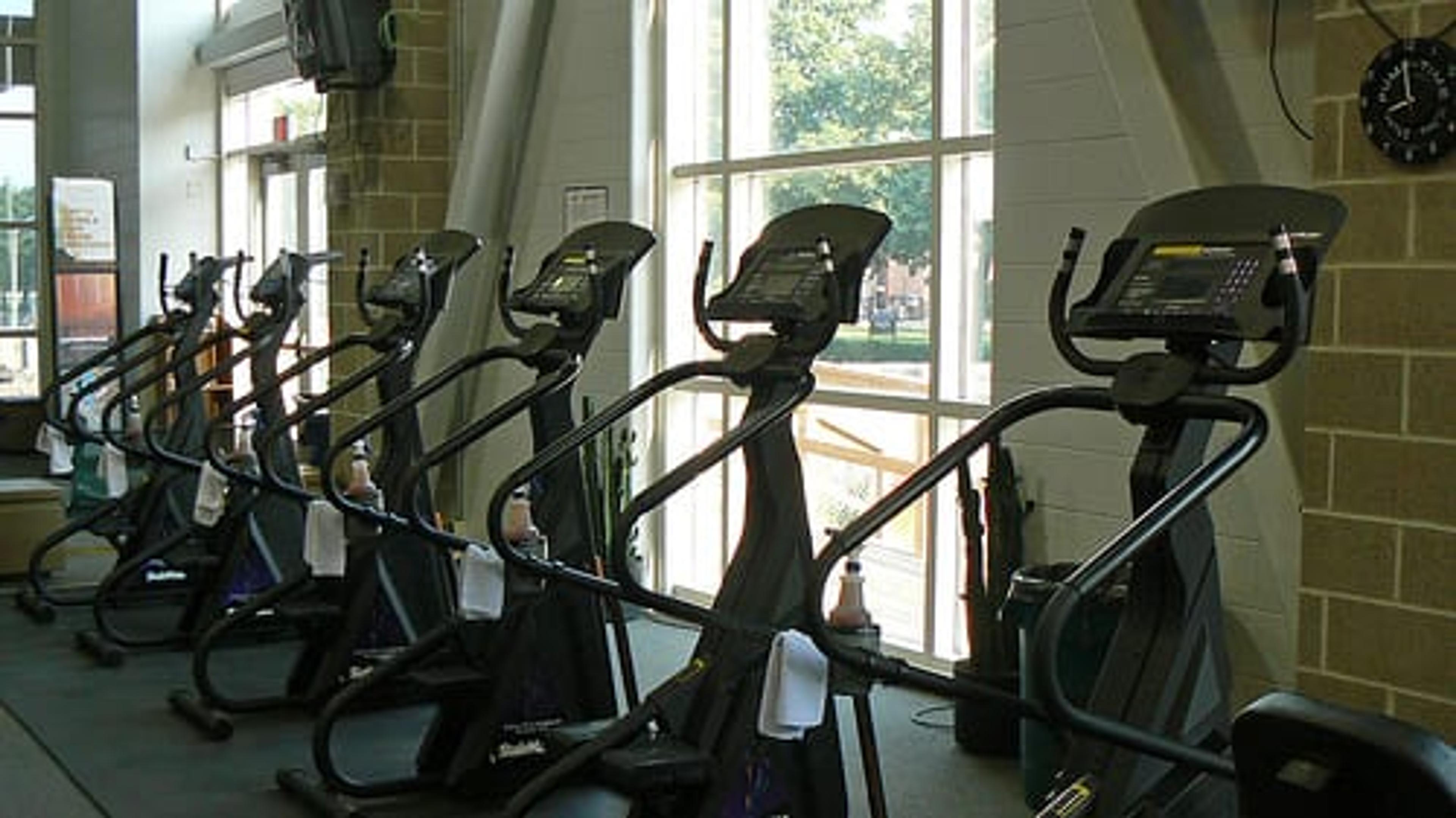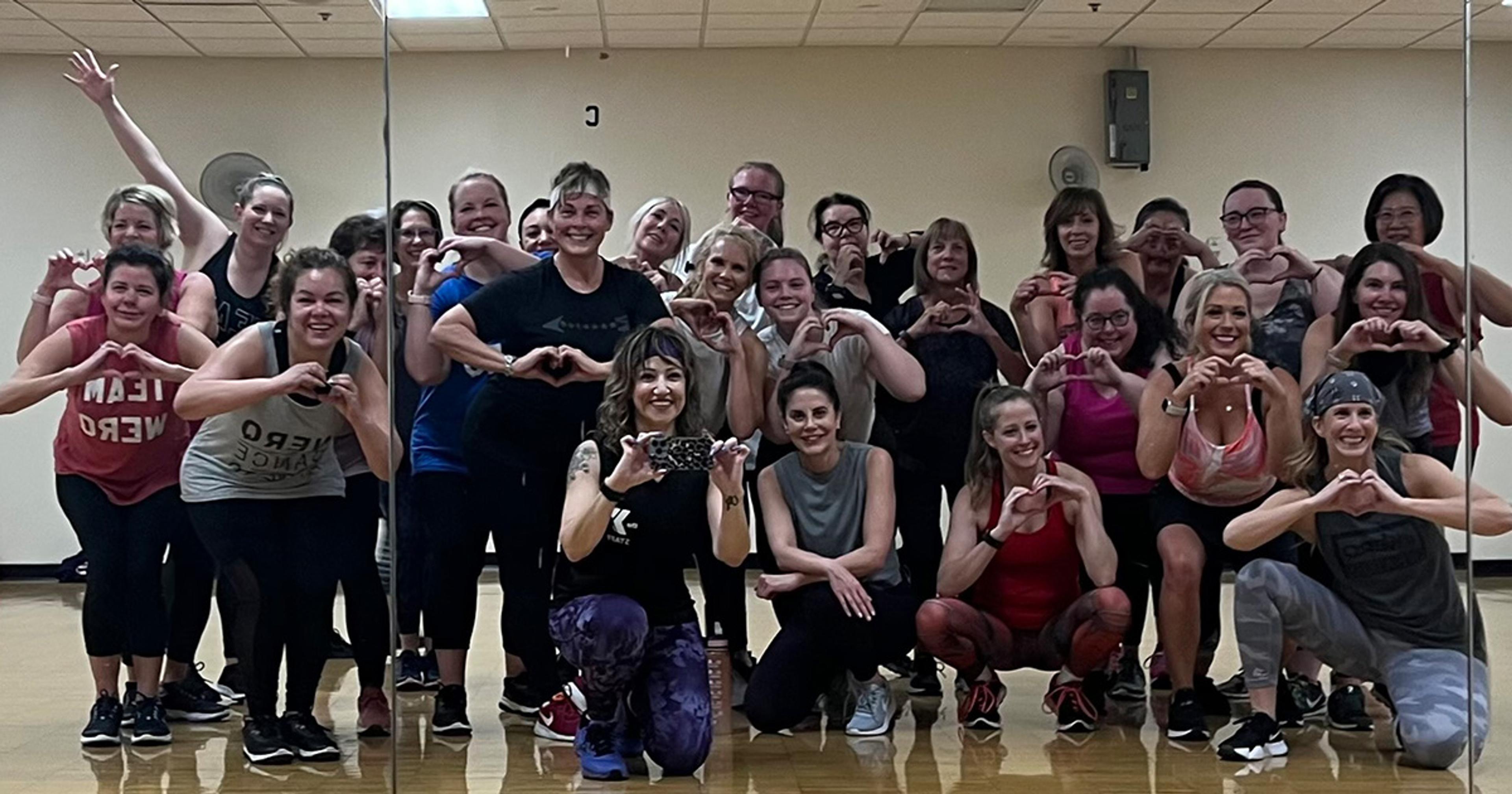Cooling down after a workout: worthwhile practice or waste of time?

Carly Getz
| 2 min read

You glance at the treadmill screen that shows you have 60 seconds left of your workout. You pick up the pace, pushing through, until a small beep lets you know you’ve finished. The track slows and a cool-down automatically begins.
Electronic equipment, like the rest of us, has been programmed to cool down after a workout. After all, cooling down prevents injury and reduces our inevitable soreness… right?
It turns out that this accepted knowledge has little, if any, scientific backing. The University of Sydney lead a research study to determine whether a warm-up or cool-down reduced delayed-onset muscle soreness. While a warm-up reduced the perceived muscle soreness, cooling down had no apparent effect. Similarly, a Journal of Athletic Training study indicated that, on average, individuals who stretch before and after their workout observe no meaningful reductions in soreness or risk of injury.
On the flip side, Mayo Clinic continues to encourage people to cool down after a workout, saying it helps gradually reduce the temperature of your muscles. They also note that cooling down helps regulate blood flow after an intense exercise and may have psychological benefits.
Though science has disproved most commonly accepted physiological benefits, adding a cool-down element to your workout will not harm you. If cooling down pushes you to do an extra mile despite your exhaustion, continue with your routine. If you feel like it’s a waste of time, however, don’t feel guilty stepping off the treadmill after the beep.
Photo credit: yuan2003





